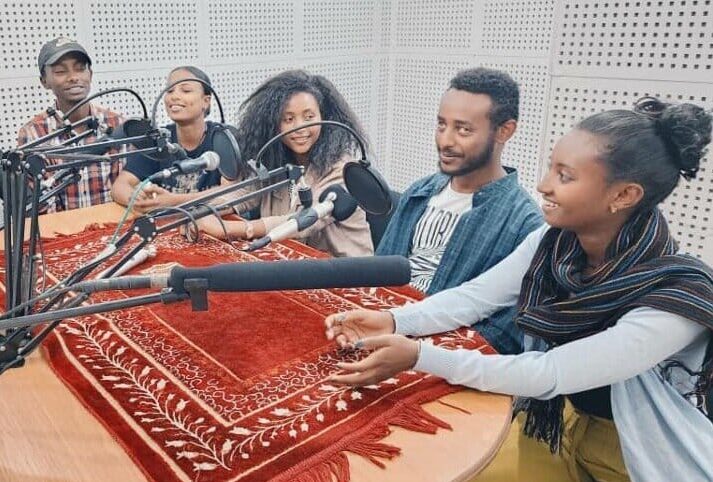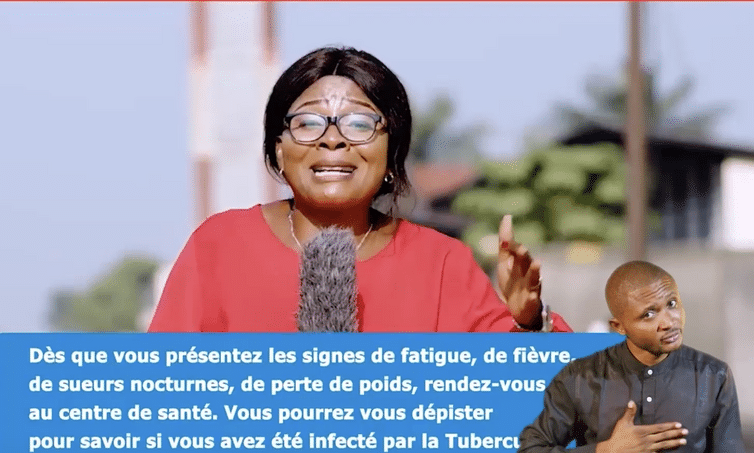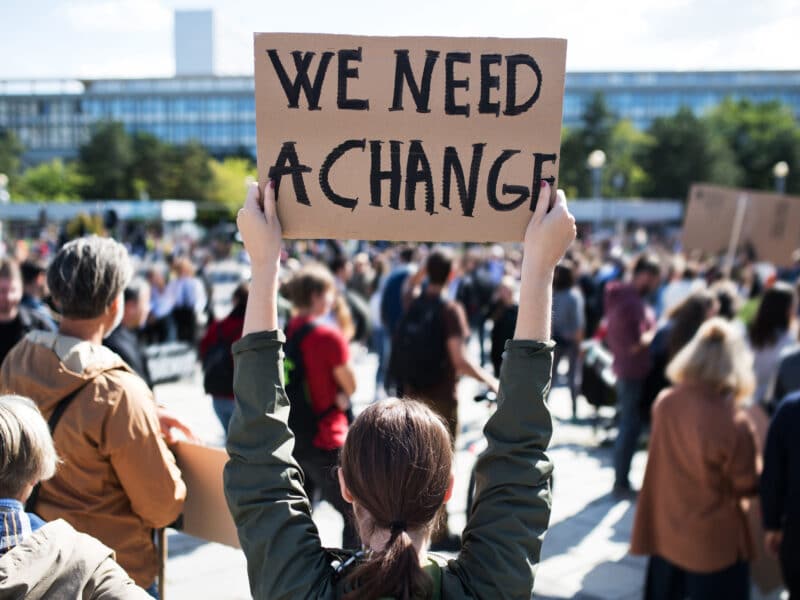In the past 18 months since its debut, nearly 1.2 million Ethiopians have listened to the Kefeta Youth radio program, a 30-minute weekly series hosted by and produced for young people by young people to address pressing social, health and economic issues.
The 72 episodes and counting are entertaining and inspiring, designed to empower young Ethiopians by driving positive social transformation. Young people dominate life in Ethiopia: those ages 15 to 29 account for a third of Ethiopia’s urban population, with another third below the age of 15. Youth unemployment is at 25 percent. Many young people are hungry for a way to build their skills and their capacity for advocacy, link up with economic opportunities and improve access to youth-friendly services.
The Kefeta Youth radio program has been created under the Integrated Youth Activity, a USAID-sponsored project led by Amref Health Africa that includes the Johns Hopkins Center for Communication Programs as one of its many local and international partners.
“The program is hosted by young individuals who serve as relatable role models, engaging with stories and driving home key messages on behavior change,” says CCP’s Tigist Urgessa Wakene, the social and behavior change communication director for the Integrated Youth Activity. “As Ethiopia navigates its path through challenges towards social progress and development, initiatives like Kefeta serve as ideals for hope, harnessing the power of storytelling to build a brighter future for its youth.”
Youth-led content design helps create inspiring radio spots, beginning with design workshops where youth actively identify the issues they wish to address through the program. Prior to broadcast, each episode undergoes rigorous review processes, both internally by producers and social and behavior change experts, and externally by technical specialists and the broader project staff. This ensures that the content aligns with the project’s objectives and resonates with its intended audience. Kefeta also solicits feedback from its listeners through a dedicated phone line, providing a direct channel for audience engagement and evaluation.
The impact of the Kefeta radio program is evident in those testimonials. Tibebu, a 25-year-old from Bahir Dar, says an episode on mental health inspired him to seek help for depression, helping him overcome adversity. Inspired by hearing a young entrepreneur’s success story as a source of motivation, another listener credits the program for reigniting his ambition.
“When I had almost given up on my aspirations and threw away my projects, I listened to a young entrepreneur who was talking about his achievements on the Kefeta radio program,” said a caller from Arba Minch, a city in southern Ethiopia. “That story made me ask myself, ‘If other youths are pursuing their dreams, why not me?’ I told myself that I can do it. From then on, I never stopped listening to Kefeta radio programs.”
A caller from Amhara region of northwestern Ethiopia said: “The story of your guest Tizita which was aired last week taught me a lot. She is an invincible young woman. Her womanhood, her orphanhood, her poverty did not stop her from reaching her goals. She patiently waited, strived and succeeded. She also inspired me to continue with my education.”
Such anecdotes highlight the program’s ability to transform listeners’ lives, fostering a sense of community and solidarity among Ethiopian youth. It helps that young, engaging and relatable hosts are creating a strong connection with the audience as they cover topics from health to financial management to personal development.
“My favorite thing about my life as a radio producer is being able to listen to the stories of my fellow youths,” says Samrawit Mola, 23, a co-host of the program.
One of her favorite stories was produced for the episode “How to Overcome Grief: Mental Health as a Base.” The story chronicles the journey of a young man who went through a difficult period after losing his girlfriend. “Through the support of professionals and the stories shared on Kefeta Youth radio, he was able to find peace and rebuild his life,” Mola says. “I was very happy that the young man’s life was changed after that. He is now doing his own business and is more hopeful and energetic.”
Based on data being gathered, the CCP team noted that there weren’t as many female callers as male and worked to create more content that would interest young women in Ethiopia. As a result, they intentionally addressed gender and disability into some of the stories. These tweaks gave helped the number of listeners to keep rising.
“We want to let other young people know that there is a path for them,” Wakene says.
The radio program isn’t the only activity being led by the Integrated Youth Activity. It has established youth hubs in 18 cities that link young people with social services referrals, training and career services.
The project has also engaged youth in co-creating a Savings and Credit Cooperative to provide attractive loan packages to young people. The project is also taking steps to ensure that young women and people who are disadvantaged are equally given financial opportunities.
“Thank you so much for creating a platform where the youth can share their personal stories and inspire others,” says a caller from Shashemene.





